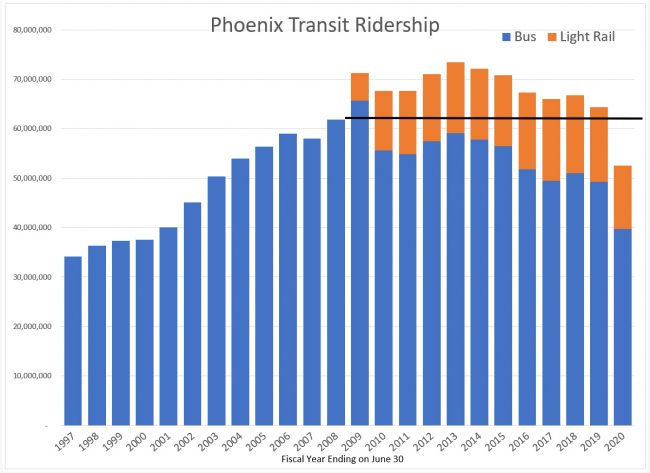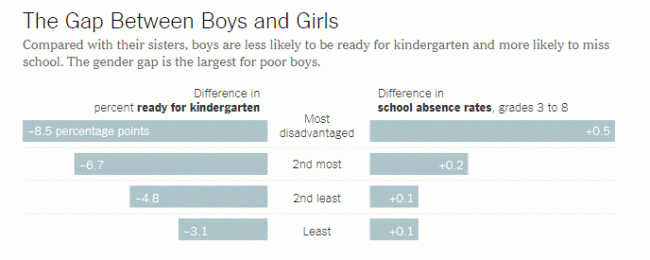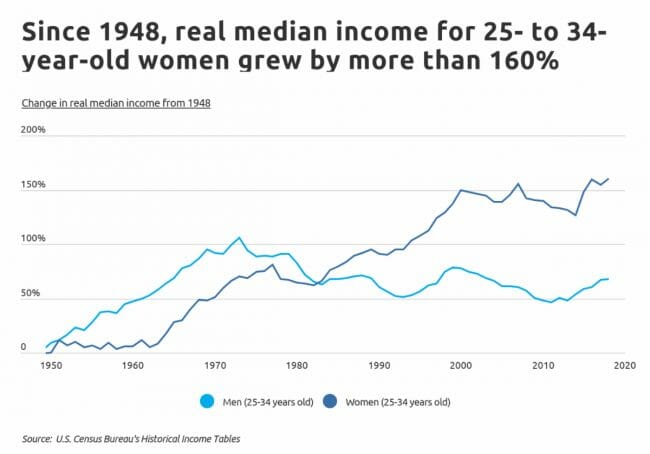A Brief Primer on Corporate Accounting and Taxes
From reading various comments on Trump's taxes, it is clear to me that many people do not understand even the basics of corporate accounting and taxes. I sometimes forget, as the owner of a medium-size business, that everyone does not live and breath this stuff. The following is meant to illustrate a few concepts I see the most confusion about. This article is not written to be exculpatory of Trump's tax or business practices -- in fact I did not even read the NY Times article because at this time of year the last thing I need to do is spend time burying myself in someone else's taxes.
We are going to take a very simple example from my world. Let's imagine my startup company has a piece of land we acquired years and years ago. Suddenly in the pandemic we have an idea -- we are going to buy 50 Airstream trailers (as if we could actually obtain them in this market, but ignore that) and put them on our land and rent them out. Let's say in the first year we bought them all on January 1 for $5 million using $5 million of bank debt (banks actually are happy to finance this sort of asset) and they ended up generating a net income (after expenses and interest) of $1 million.
So how do we account for the year? We know we have a million dollars of operating income, but what do we do about the $5 million in capital spending on the trailers? By GAAP accounting, capital investments of this sort that have a long service life are not expensed immediately. They are depreciated over the life of the asset. So if we say these trailers have a 20 year life, we would expense 1/20th or 5% of their cost each year. For our $5 million investment, that is $250,000 a year in depreciation. In this case our final income statement for the year would show $1 million in operating income less $250,000 in depreciation expense for a net income of $750,000. One might expect that is what we report to the IRS and pay taxes on.
But we live in a more complicated world. Our Congress loves to express its preferences for how business should operate in the form of changes to the tax code. For example, Congress prefers we buy electric vehicles and solar panels, so it gives special tax credits for these. Relevant to our example, Congress strongly prefers that companies reinvest their profits in new capital spending. It provides incentives for this by allowing accelerated depreciation for capital investment in certain types of assets and equipment. We can argue about the tax code -- I have not checked this particular example with my CPA -- but it is very likely that current law would allow us to depreciate our $5 million investment in trailers not in 20 years but in one.
So how does this change our example? Well suddenly, in year one, we still have a million dollars in operating income but $5 million (100%) depreciation expense for taxes. This means we have a $4 million loss we will report to the IRS. This loss is carried over and used as a credit in later years. If we continue to make a million dollars in operating profit a year, this means we will go five years without paying taxes. The owners, for example if it is an S-corp or LLC with no double taxation of distributions, might be pulling hundreds of thousands of dollars out of the company every year, living the dream, while neither they nor the corporation pay any taxes.
This is what everyone is calling a "loophole" but I think that is a misnomer. "Loophole" implies people are taking advantage of some drafting error or unanticipated use of an IRS rule. That happens all the time, but our example is not an unanticipated use. In our example we are using IRS rules exactly as Congress intended -- the company is being rewarded by Congress for the investment it made in new equipment with a multi-year tax deferral.
Note that this is only a deferral. Once the five years is up, the company will pay its full taxes on the million dollars (unless it makes more investments with the profits which would allow it to defer more taxes). Even if the company keeps investing and keeps getting accelerated depreciation, eventually when it sells the business it will have a large tax bill in the form either of depreciation recapture or goodwill in the business.
There are of course many other tax dodges that range from legal but ugly to outright fraudulent. I don't know what Trump was doing. But I wanted to show an example of how it is perfectly possible to legally (and I suppose socially responsibly) pay no taxes while generating a lot of income. The key in this case is to reinvest profits, a behavior Congress has chosen to reward.



